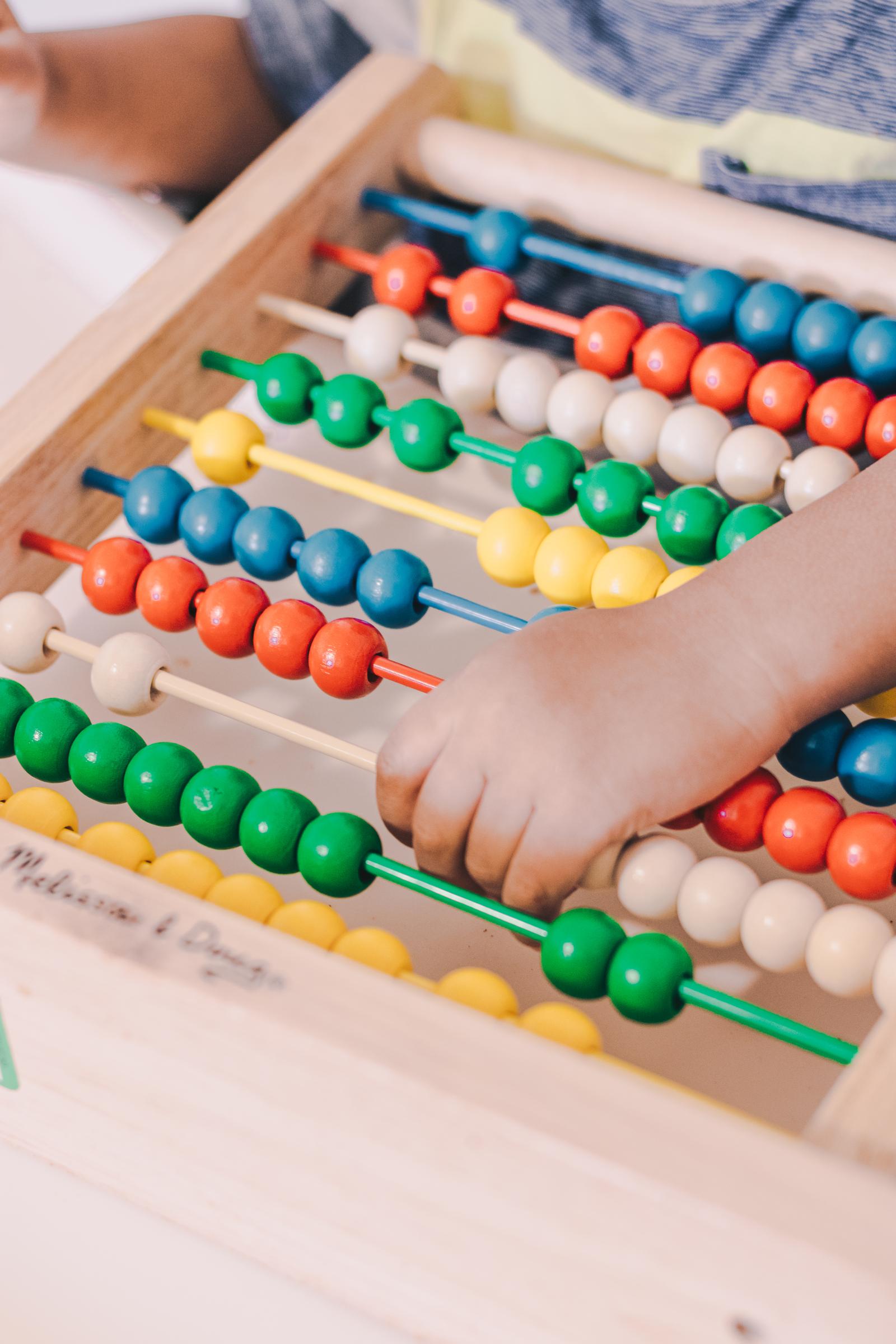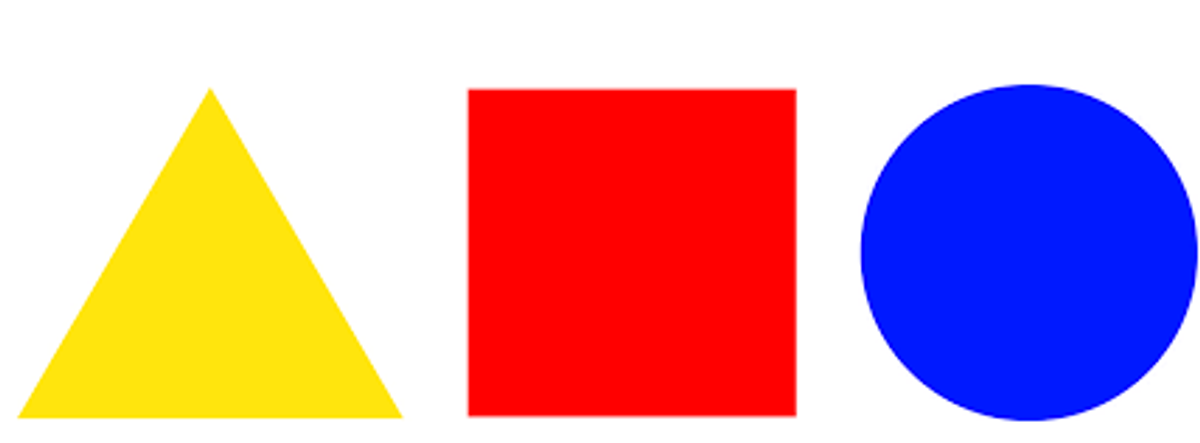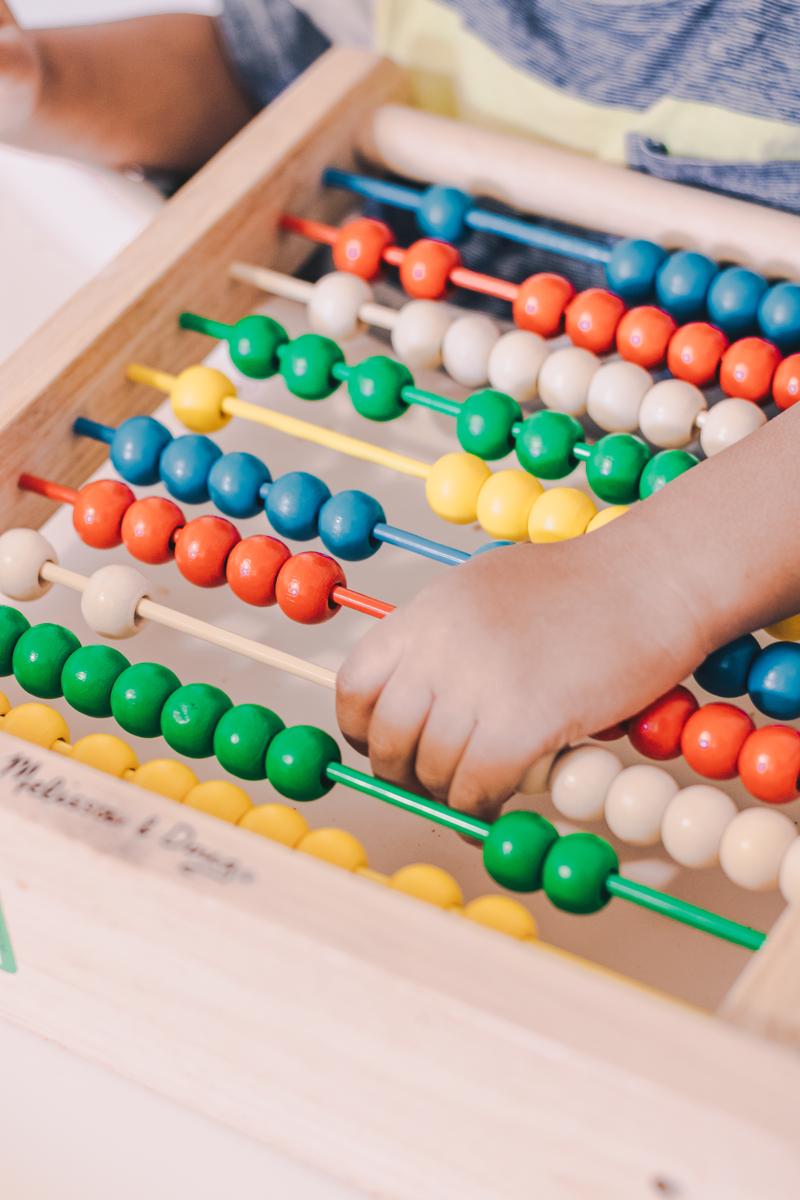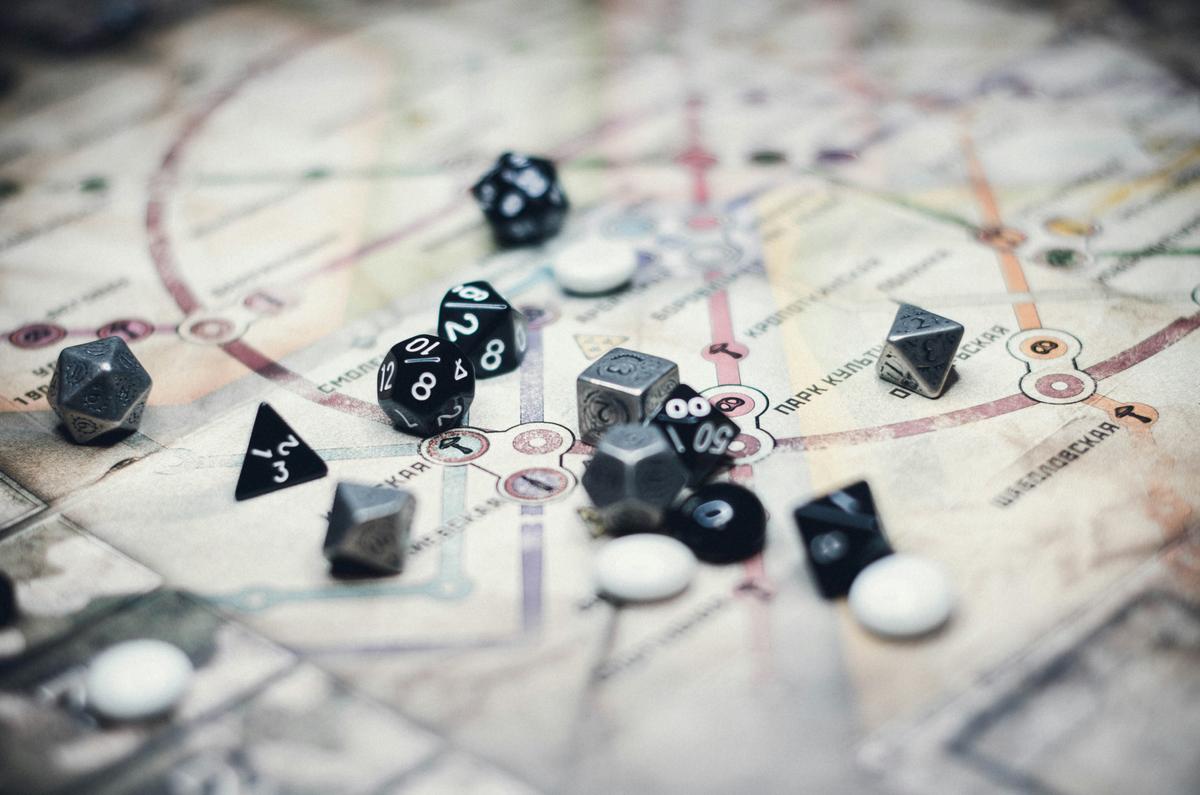Numeracy

MATH FUN ON SCHOOL HOLIDAYS
School holidays are all about relaxing, enjoying a well-earned break and having a good time with family and friends.
But, believe it or not, school holidays can also be a great opportunity to practice maths skills with your child. We're not talking about boring maths exercises, which will just get your child AND yourself frustrated! We're talking about making maths fun! 🙂
Here are some great ideas for practical and fun activities you and your child/ren will enjoy.
For the little ones
Discovering Shapes
Encourage your child to explore different shapes. How many sides does each shape have? How many angles? Is it similar to any other shape? Which one? Discuss the shape of common household and outdoor items.
- Puzzles are a great way to discover shapes by making the pieces fit right.
- Copy, draw, paint, and make composite shapes – use different materials: textas, crayons, chalk, paint, water, sand, playdough, etc.
Sorting
Sorting is an essential element of math reasoning. With young children you can start with real objects.
- At home, young kids can help with chores while practising their sorting skills. Sorting out clean laundry – ask your child to help with sorting the laundry into different clothing items (e.g. pants, t-shirts, socks, etc.) by different coloured items, or even by different sizes. They can also help to sort items from grocery shopping (e.g. cans, veggies, fruits, etc.). They can help tidy their room by sorting out their toys (e.g. books, dolls, cars, balls, etc.).
- A family outing to the local pet-zoo, animal farm, zoo, or aquarium can be a great opportunity to talk about different types of animals – their characteristics, size, colour, etc.
Counting
Counting can be practiced everywhere! At the park, kids can count trees, rocks, swings, etc. Kids can count food items at snack time (e.g. carrot sticks, grapes, apple pieces, crackers, etc.), they can count their items and yours. Ask questions such as: “Do we have the same? Who has more? How can we make it equal?” As an extension, before counting, ask your child to predict how many there are, then ask them how they predicted this.
Recognising Numbers
Everywhere we go, we see numbers.
- At home, kids may recognise numbers on books, toys, telephones, and on packaged food.
- Outside, we can find numbers on license plates, house numbers, and advertising signs.
For school-age kids
Play the license plate game! This is an all-time favourite – there are so many variants to play it, your kids will never get bored in the car again! This is a great game as you can adapt the game to your child’s math level.
- While driving, kids have to spot on license plates each number from 0 to any pre-determined number in order (e.g. 0-10 for younger kids, 0-999 for older kids).
- Kids can also find which numbers are odd and which ones are even. As an extension, they can point out which ones are prime.
- Another way to play is for kids to try to make up the largest number from a license plate by rearranging the numbers.
- According to math level, kids can add, subtract, multiply, or divide all numbers in a license plate. If you have more than one child, see who can do it faster.
- For an extra challenge, ask them to use the numbers in a license plate to make the number 24 by using any combination of the orders of operation.
Board Games
Playing games with the family is a great opportunity to practice math skills! There are so many different board games that involve math skills:
- Bingo, Snakes and ladders, Uno, Monopoly, Battleship, Yahtzee, Risk.
- At the end of the day, no matter what board game you play, if you make your child keep track of the score, they will be doing math.
Making Sense of Time
Making up a schedule for the day which includes the start and end time for each activity. Ask your kids to predict how long routine activities will take, such as a walk to the park, a drive to the local shops, etc.
For older kids
Encourage your kids to buy wisely. For example, if you are planning on buying them a phone, ask them to explore different phone plans and show you which plan is the most economical and why.
When purchasing discounted clothing, ask them to tell you an estimated price before you buy it.
When at the grocery store, ask them to analyse different product costs and select the best options (e.g. look at the price of toilet paper per sheet rather than the price of the whole package). And ask them to predict the total to be paid while waiting at the register.




